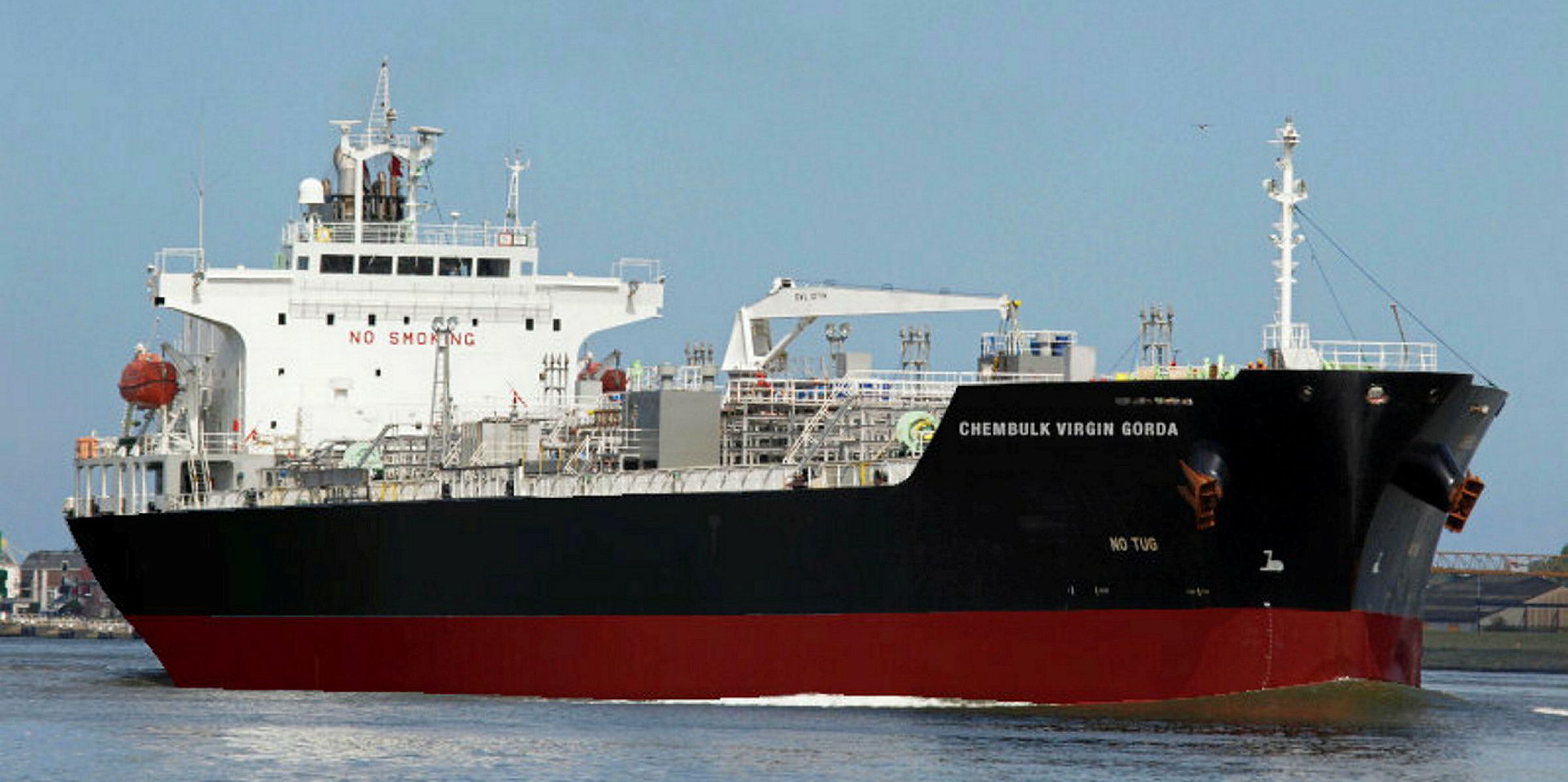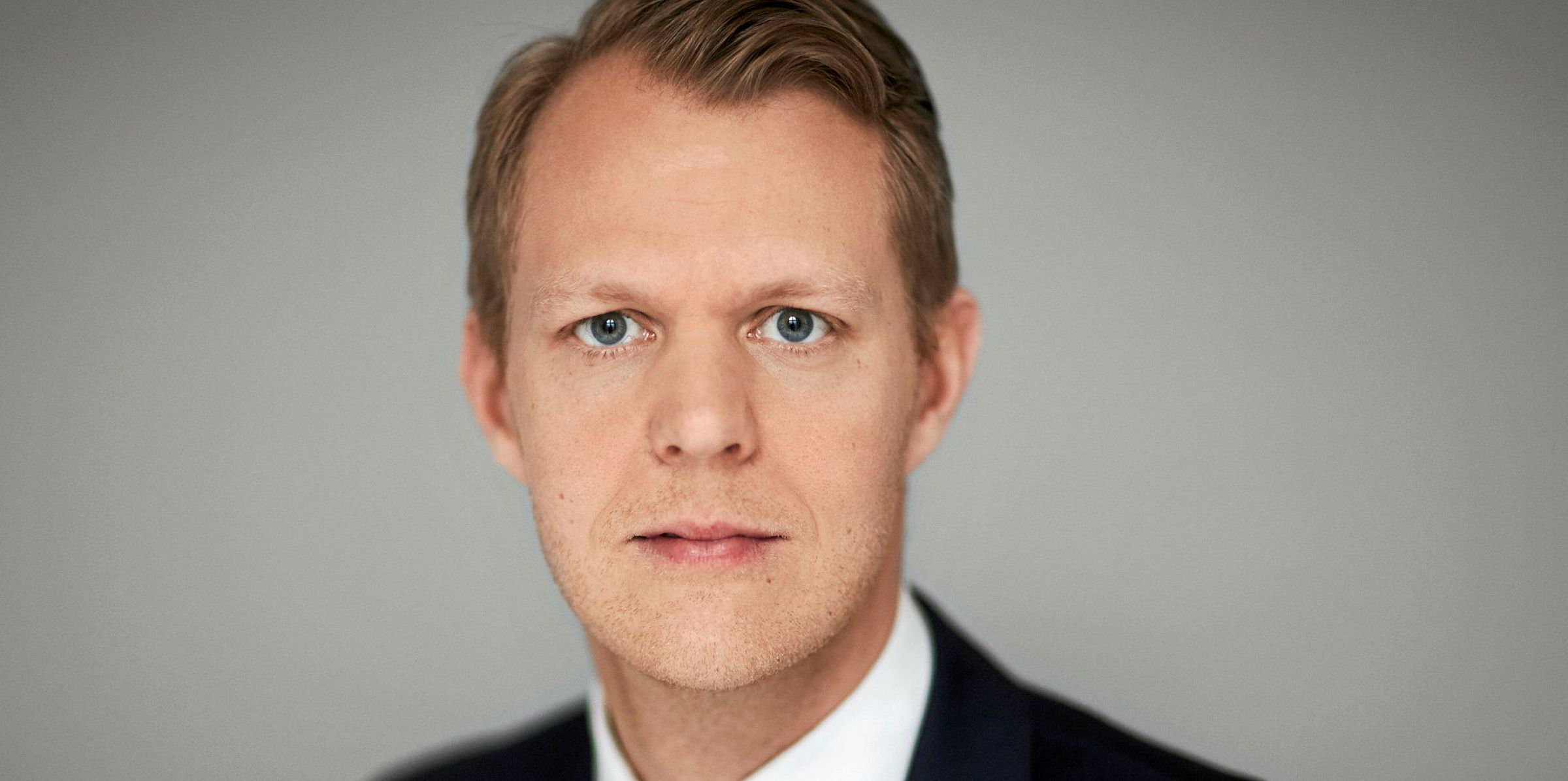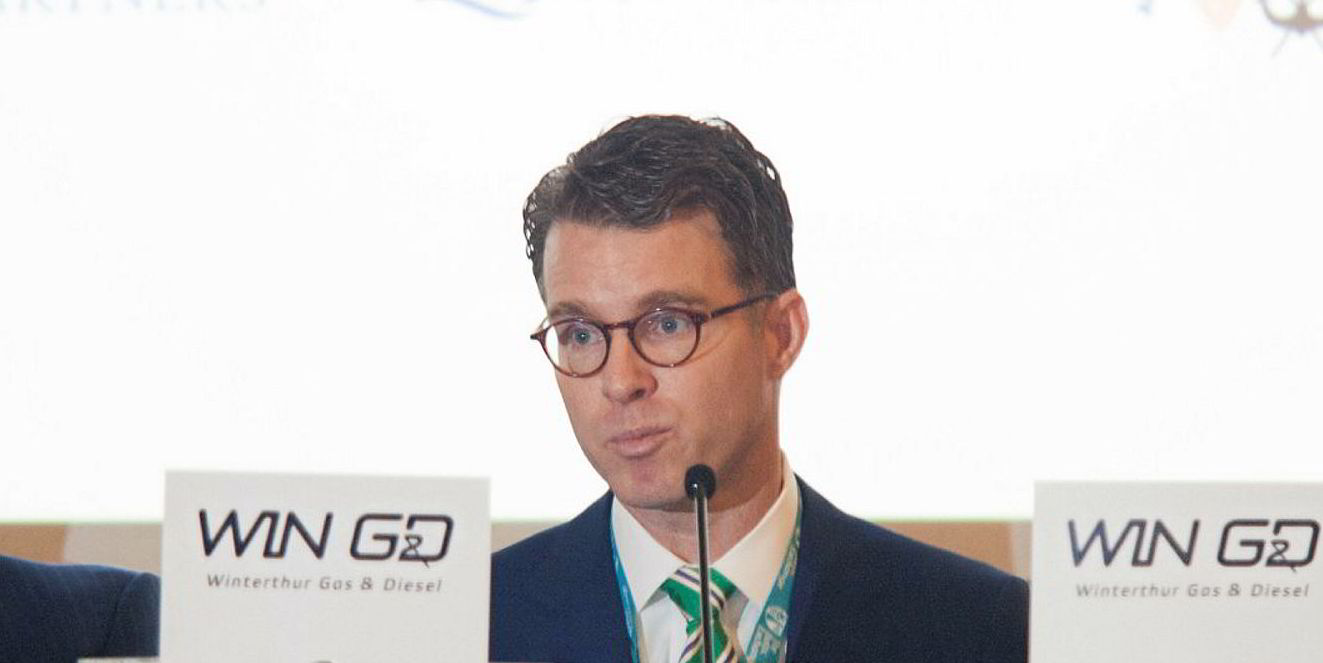Recent moves by Chembulk Tankers and Team Tankers to enter their chemical tanker fleets into pools are part of a wider restructuring within the sector, according to industry experts.
Chembulk will move all of its chemical tankers to pools managed by Womar Tanker Pools, while Team Tankers is placing its 27 tankers, including MRs, in Maersk Tankers’ pools.
Many observers believe the deals reflect a wider shift in the sector to seek economies of scale, not through consolidation, but through outsourcing commercial activities.
Womar chief executive Hans Van Der Zijde told TradeWinds that there is “great logic” for shipping companies to farm out work.
Asset play
“Efficiencies can be reached by outsourcing commercial activities to pools and technical operations to shipmanagers, leaving the owner to concentrate on asset play,” he said.
“Furthermore, pools, which are neutral and transparent and focus on providing third-party commercial service, are much more liked by the participant members.”
So why pools over consolidation? Odfjell chief executive Kristian Morch believes few companies today have the war chest required for consolidation.
“After 10 weak years, chemical tanker owners have limited financial strength to add more tonnage to the balance sheet,” Morch said. “Also chemical tankers are less liquid assets, so not easy to exit if you own a fleet.”
Moreover, Chembulk Tankers and Team Tankers are now both backed by financial players.
To secure acceptable returns, you need a global operational platform to utilise the assets properly.
Odfjell chief executive Kristian Morch
“The increasing number of new entrants into this sector in the past decade has shown that there are high barriers to operate chemical tankers,” Morch said.
“To secure acceptable returns, you need a global operational platform to utilise the assets properly.
“Commercially consolidating the vessels has, therefore, become a preferred choice for many new entrants, as an alternative to exit[ing] their investment.”
Van Der Zijde said that when the margins are down, it is natural for the market to handover activities to specialists.
“There have been very few M&A [merger and acquisition] deals as such in the chemical tanker sector, but consolidation of ownership has been happening by buying assets,” he added.
Andrew Shipley, head of strategy at Singapore-based shipbroker Eastport Maritime, told TradeWinds that the trend has been “going on for a while”.
“With fewer players in the market, and with significant barriers to entry to chemical shipping, one would expect pricing power to be gained by operators, all other factors being equal,” Shipley said.
He added that both the coronavirus and IMO 2020 had increased stresses on operators: Covid-19 on the cargo side and IMO 2020 on the cost side.
In addition, Shipley said that by joining a pool, proprietary ownership stakes in vessels can be maintained, while they may be diluted in a merger.
There are other hurdles too.
Alan Hatton, chief executive of Singapore-based Foreguard Shipping, said that while M&A activity and consolidation may be in the interest of stakeholders, in practice it is “rather challenging to make it work”.

“One inhibitor is the valuation of publicly-listed companies in the chemical tanker space,” he told TradeWinds.
Shareholder value
“They continue to trade at a discount to NAV [net asset value] and that means that raising equity/buying assets is dilutive to shareholder value, and that the value of the ships in their respective fleets would be worth more sold piecemeal rather than as a business.
“Added to this is that chemical tanker asset values are at historically low levels, so a merger would not look like an attractive proposition unless it’s a like-for-like combination with the same class of vessels.”
Despite recent challenges, Hatton said there are “definitely good opportunities” in the chemical tanker market.
“We are exploring deals with cash-on-cash yields of over 15% and the potential for stronger levered IRRs [internal rates of return],” he said.






